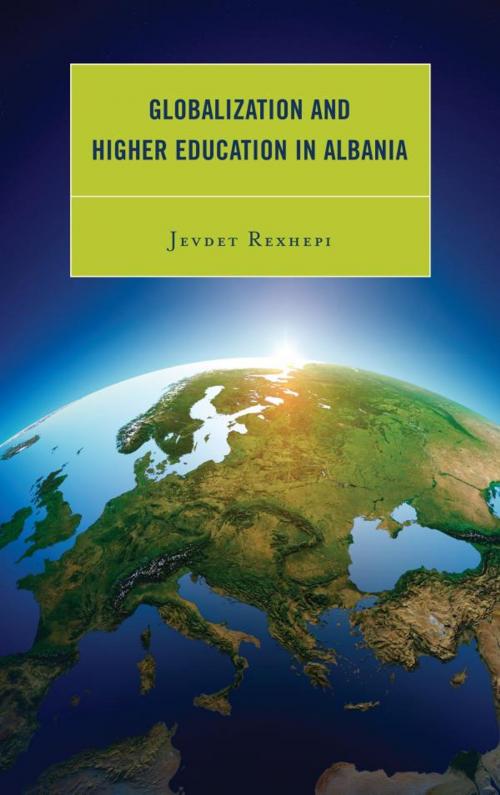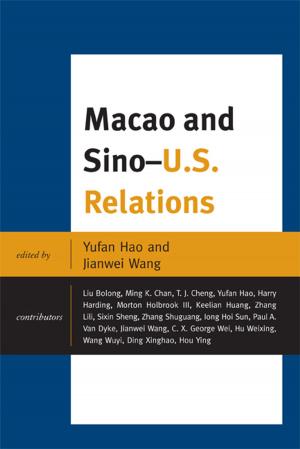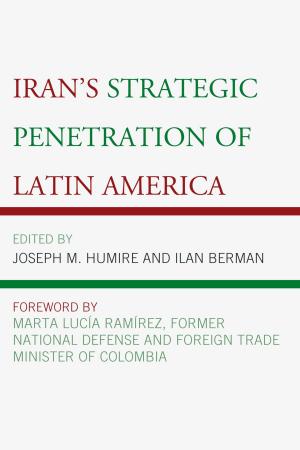Globalization and Higher Education in Albania
Nonfiction, Reference & Language, Education & Teaching, Educational Theory, Philosophy & Social Aspects, Higher Education, Administration| Author: | Jevdet Rexhepi | ISBN: | 9780739171011 |
| Publisher: | Lexington Books | Publication: | August 23, 2013 |
| Imprint: | Lexington Books | Language: | English |
| Author: | Jevdet Rexhepi |
| ISBN: | 9780739171011 |
| Publisher: | Lexington Books |
| Publication: | August 23, 2013 |
| Imprint: | Lexington Books |
| Language: | English |
As national planners codify and enact the university, state, and market alliance—amid global higher education trends towards internationalization, competition, and massification—debates on the efficacy of this merger have increased in recent years, clarifying a real or perceived significance. Bologna has been the conceptual vehicle within which many European nations have sought to reorient often disparate higher education sectors in order to forge the European Higher Education Area, a move replete with social, political, economic, and cultural significance. Yet, the extent to which Bologna has fomented qualitative policy change in developing post-communist nations like Albania remains ambiguous. Globalization and Higher Education in Albania explores how international educational trends mitigate higher education policy and practice in Albania, a nation which continues its complex and evolving transition from communism to a more open society. Based on archival research, original fieldwork, and supplementary interviews with subjects who in many cases work and live amidst Albania’s ongoing physical and psychosocial post-communist transformation, Jevdet Rexhepi clarifies how the interplay between global and local forces manifests in key sector policy documents and related frameworks and institutions, and he thoughtfully considers how higher education positions Albania on individual and collective levels to respond to the challenges and opportunities of globalization and the knowledge society.
As national planners codify and enact the university, state, and market alliance—amid global higher education trends towards internationalization, competition, and massification—debates on the efficacy of this merger have increased in recent years, clarifying a real or perceived significance. Bologna has been the conceptual vehicle within which many European nations have sought to reorient often disparate higher education sectors in order to forge the European Higher Education Area, a move replete with social, political, economic, and cultural significance. Yet, the extent to which Bologna has fomented qualitative policy change in developing post-communist nations like Albania remains ambiguous. Globalization and Higher Education in Albania explores how international educational trends mitigate higher education policy and practice in Albania, a nation which continues its complex and evolving transition from communism to a more open society. Based on archival research, original fieldwork, and supplementary interviews with subjects who in many cases work and live amidst Albania’s ongoing physical and psychosocial post-communist transformation, Jevdet Rexhepi clarifies how the interplay between global and local forces manifests in key sector policy documents and related frameworks and institutions, and he thoughtfully considers how higher education positions Albania on individual and collective levels to respond to the challenges and opportunities of globalization and the knowledge society.















